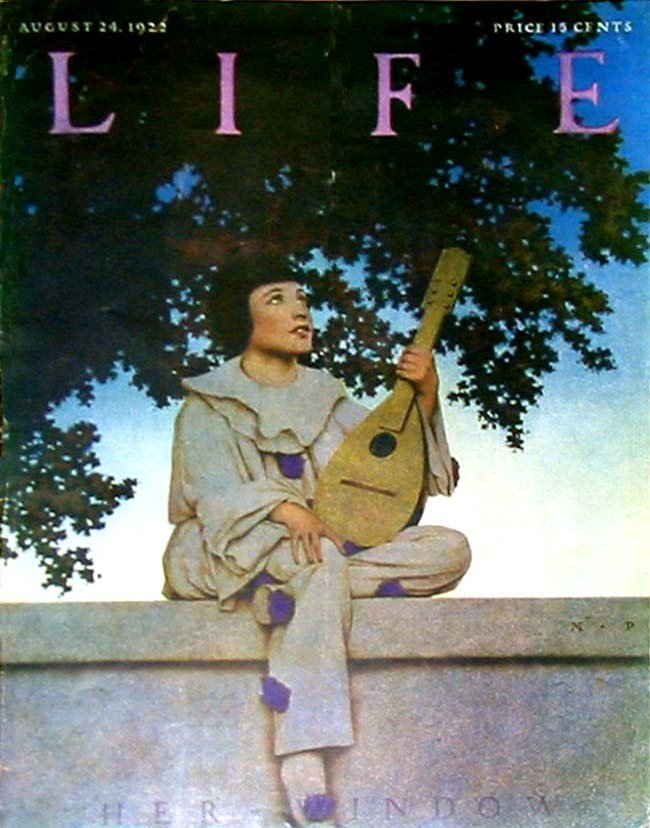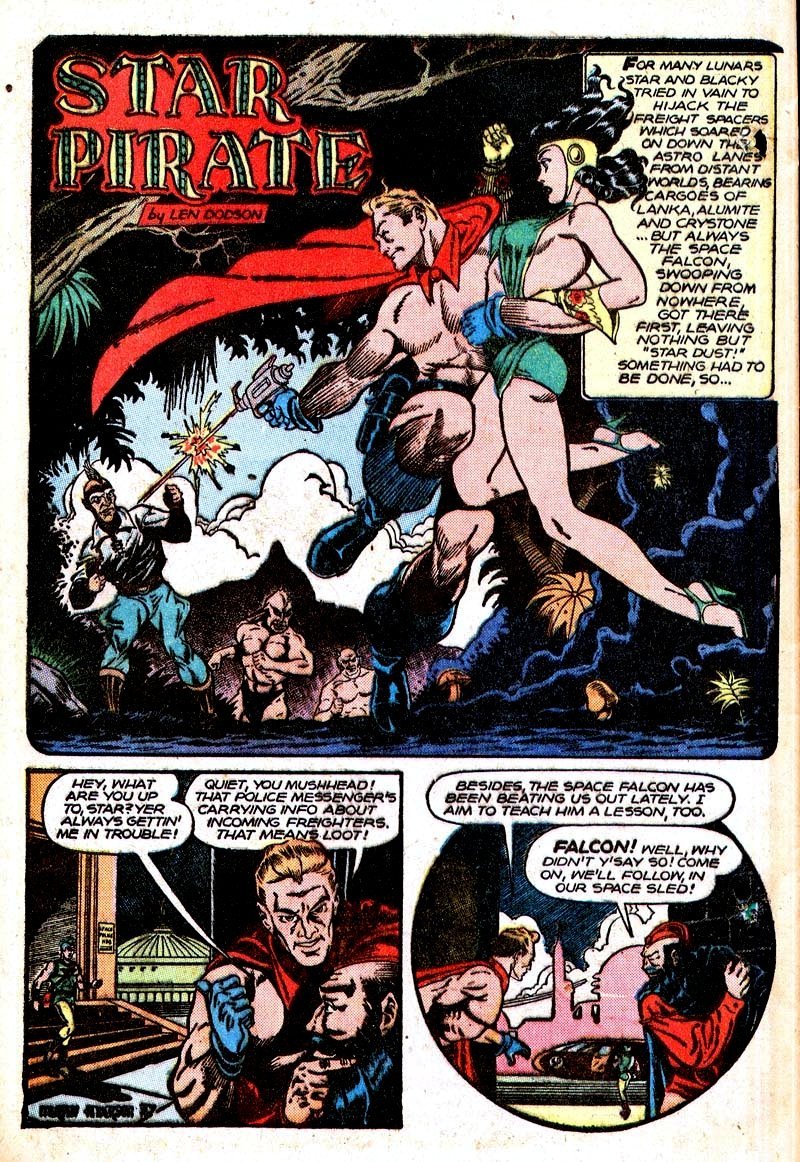
44 years ago today, the BBC aired its latest science fiction series. Dark, violent and dystopian it pitted a group of criminals against a neo-fascist Federation in a doomed battle for survival and freedom.
This is the story of #Blakes7...
This is the story of #Blakes7...

Blakes 7 (no apostrophe) was unique. Created by Terry Nation, it was more George Orwell than George Lucas. Story arcs were long, morals were hazy, lead characters were gruesomely tortured or killed off. Cynicism, ruthlessness and paranoia were always present. 

Blakes 7 tells the story of political dissident Roj Blake. Brainwashed and used as bait to trap other dissidents he is then tried on false charges and deported to die on a penal colony. 

But on the way to prison Blake and fellow convicts Jenna and Avon are sent to salvage a drifting alien spacecraft - The Liberator. Instead they steal it, and rescue Vila and Gan from the sadistic religious cult that runs the prison world - which of course is run by Brian Blessed! 



Alien telepath Cally is recruited during Blake's first mission to destroy a Federation communications complex at Saurian Major. Finally, the crew is completed by the sarcastic Orac - a supercomputer too clever to be bothered by human requests. 



The Federation is of course determined to find and kill Blake and his crew. The wonderfully evil Supreme Commander Servalan, aided by the cynical war veteran Space Commander Travis, begin to hatch their plans... 



In Blakes 7 Earth and its colonies across space are under the jackboot of The Federation. Mass surveillance, mind control and drug pacification are used to deal with dissent. 



But Blake's crew are hardly trustworthy. Cynical computer fraudster Avon despises Blake, but depends on him to stay out of the Federation's clutches. Light relief of a sort comes from cowardly thief Vila: he and Avon often scheme heists together. 



By the end of 1978 Blakes 7 was drawing audiences of 10 million. It had a sly humour that offset the drama: thieves together with jostling egos looking to steal as well as liberate. It helped that Terry Nation wrote the entire first series with a solid narrative arc. 

Series 2 of Blakes 7 saw many changes. New writers such as Chris Boucher and Robert Holmes brought new ideas. Brian Croucher replaced Stephen Greif as Travis as his character turned outlaw. Gan was killed off, Blake became egotistical, and an interstellar war loomed... 







By the start of series 3 The Federation was in dissaray after the war with Andromeda. Blake was missing and Avon was now in charge. Two new characters also joined the Liberator: arrogant pilot Del Tarrant and weapons expert Dayna. 



Series 3 of Blakes 7 is quite varied: Avon becomes obsessed with Servalan, and a love-hate relationship seens to develop. Other characters are given more space to develop: Vila falls in love, Cally returns home. Jenna, missing since the end of series 2 is all but forgotten. 



Tanith Lee wrote the exceptional series 3 episode 'Sarcophagus': a ghost-like spirit takes over Cally and tried to enslave the crew. Blakes 7 could clearly handle fantasy themes as well as traditional sci-fi. 

Series 3 ends with Servalan trapped on the exploding Liberator, whilst Avon and crew are abandoned on the planet Terminal. It feels like a fitting end to the show after three years.
But then...
But then...

To everyone's surprise a fourth series of Blakes 7 was commissioned for 1981. Bill Cotton, BBC Head of Television, had watched Terminal and enjoyed it greatly. He demanded it continue for 13 more episodes. 

Jan Chappell didn't want to return to Blakes 7: her character was killed off and Glynis Barber joined as professional gunfighter Soolin. The show had a new ship, a new producer, a new look and new titles. 





Series 4 of Blakes 7 was truly ruthless. Avon didn't care who died: in the episode 'Orbit' he even tried to kill Vila to ensure his own survival. Servalan too is hunted, changing her name to Sleer as she schemes to regain power in The Federation. 



The series ends in carnage. Avon finally tracks down Blake to Gauda Prime, where he finds he is a bounty hunter. Scorpio crashes, almost killing Tarrant. The whole thing is a Federation set-up, with Blake possibly complicit in it. 

In the end Avon shots Blake dead, unsure if he has been betrayed. Federation troops rush in and one-by-one gun down Avon's crew.
Only Avon is left, standing over Blake's corpse. He smiles, raises his gun, and the scene fades to the sound of gunshots...
Only Avon is left, standing over Blake's corpse. He smiles, raises his gun, and the scene fades to the sound of gunshots...

Blakes 7 is of its time, which is good: slower plots give more time for the actors to shine and leave space for more complex, political storylines. Remade today it would be too frantic, too clever. It's space opera: overblown sometimes, but still captivating. 

Let's leave the last word on Blakes 7 to Avon, as he describes Blake: "They will follow him and he will fight, to the last drop of their blood. Idealism is a wonderful thing, all you need is someone rational to put it to proper use."
More stories another time...
More stories another time...
• • •
Missing some Tweet in this thread? You can try to
force a refresh




























